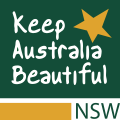
EnviroMentors®: NSW’s Leading Sustainability Incursion Service
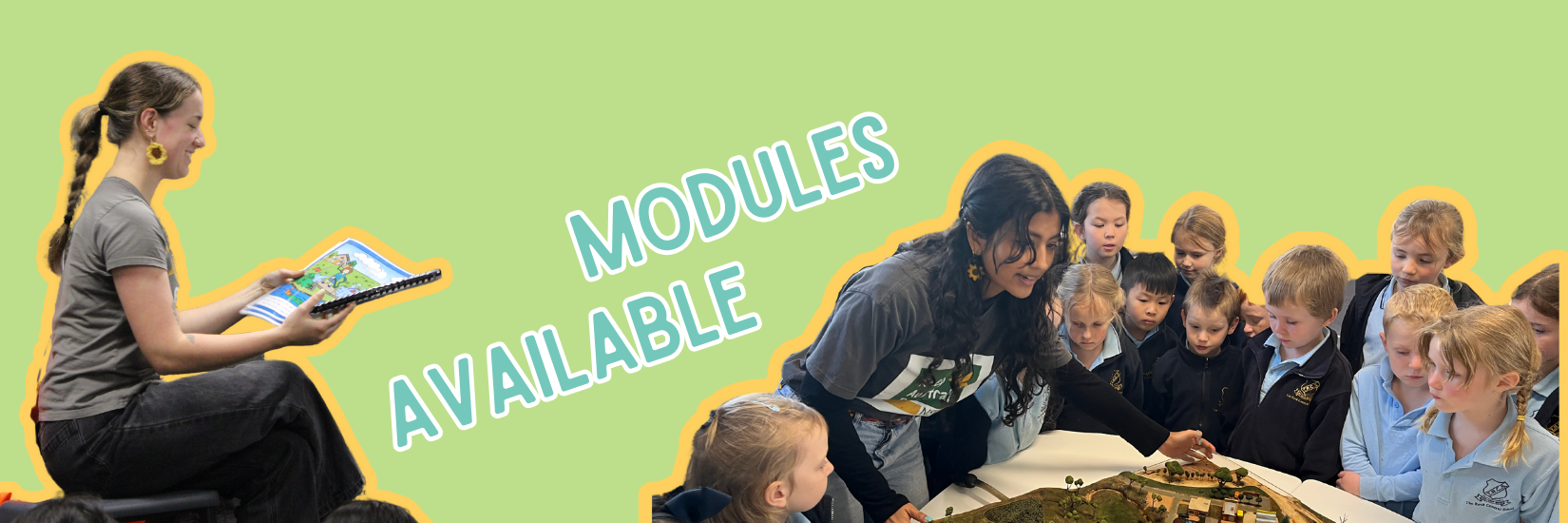
All EnviroMentors modules are adapted to any learning stage, designed to engage students through movement and fun activities. We also offer specialised workshops for Early Learning Centres and High Schools (scroll down for details)!
Workshops run for 45 minutes to 1 hour, with educators conducting up to 5 sessions per day. All sessions also include a follow-up resource pack, and have demonstrated links to the NSW ACARA curriculum, which you can request by getting in touch.
| PRIMARY SCHOOL MODULES |
|---|
| WASTE DISPOSAL AND MINIMISATION |
|---|
In The Bin
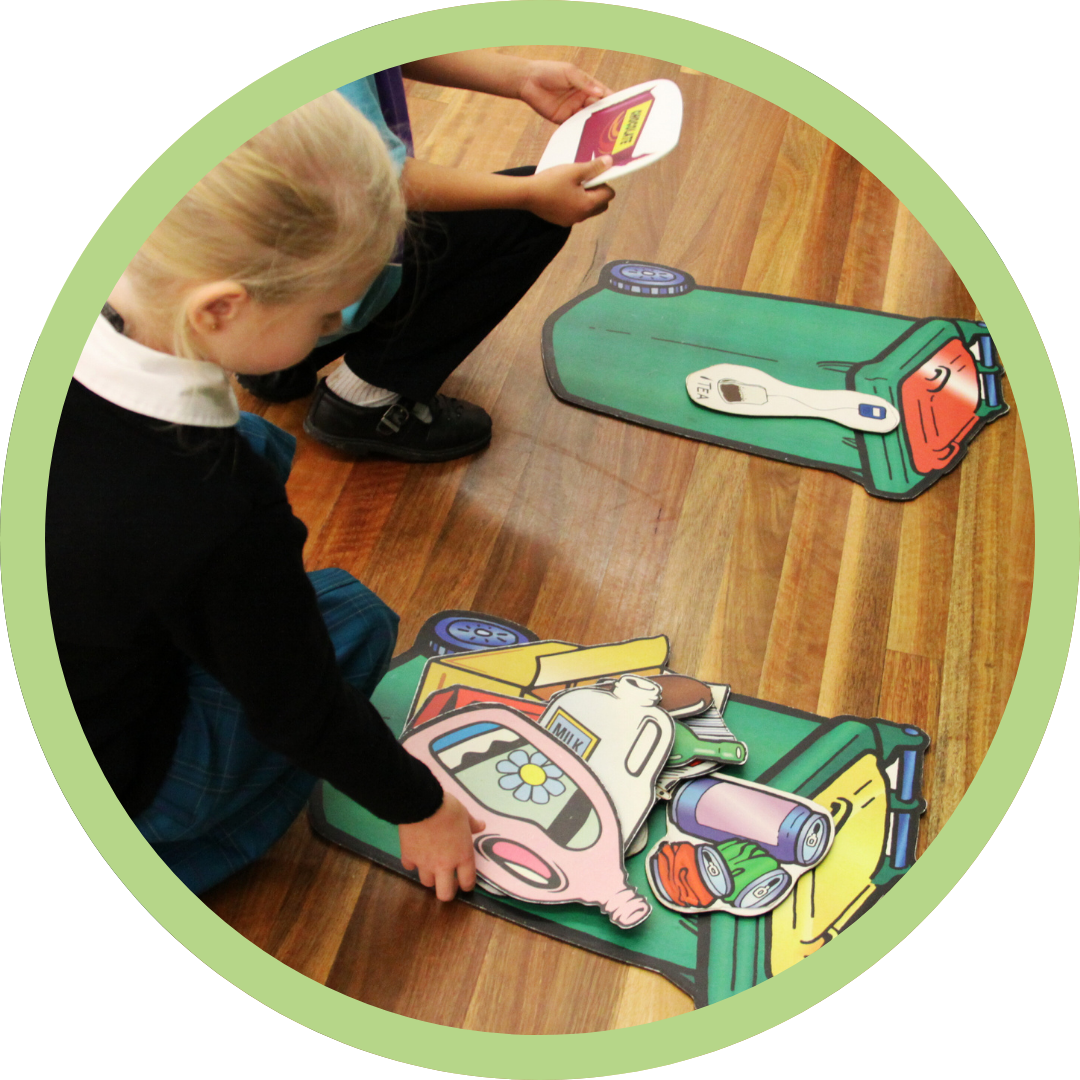
What goes in which bin? Students learn the appropriate and safe bin to place waste items in, and what happens to their waste depending on where it goes – to landfill, a recycling centre, or to be turned into compost.
Learning Outcomes:
- Define and contrast bins available via local waste services (e.g. red, yellow, and green), and identify types of rubbish that can be appropriately disposed of within each.
- Identify the environmental issues that waste causes when sent to landfill via the General Waste bin, including land clearing and pollution.
- Identify how and why rubbish is recycled via the Co-Mingled Recycling bin, and Garden Waste (or FOGO) bin.
- Accurately sort waste into the correct bin, to minimise contamination and divert waste from landfill.
- Discuss the appropriate disposal of ‘tricky waste’, including batteries, e-waste, clothing, and bulky waste.
Recycling
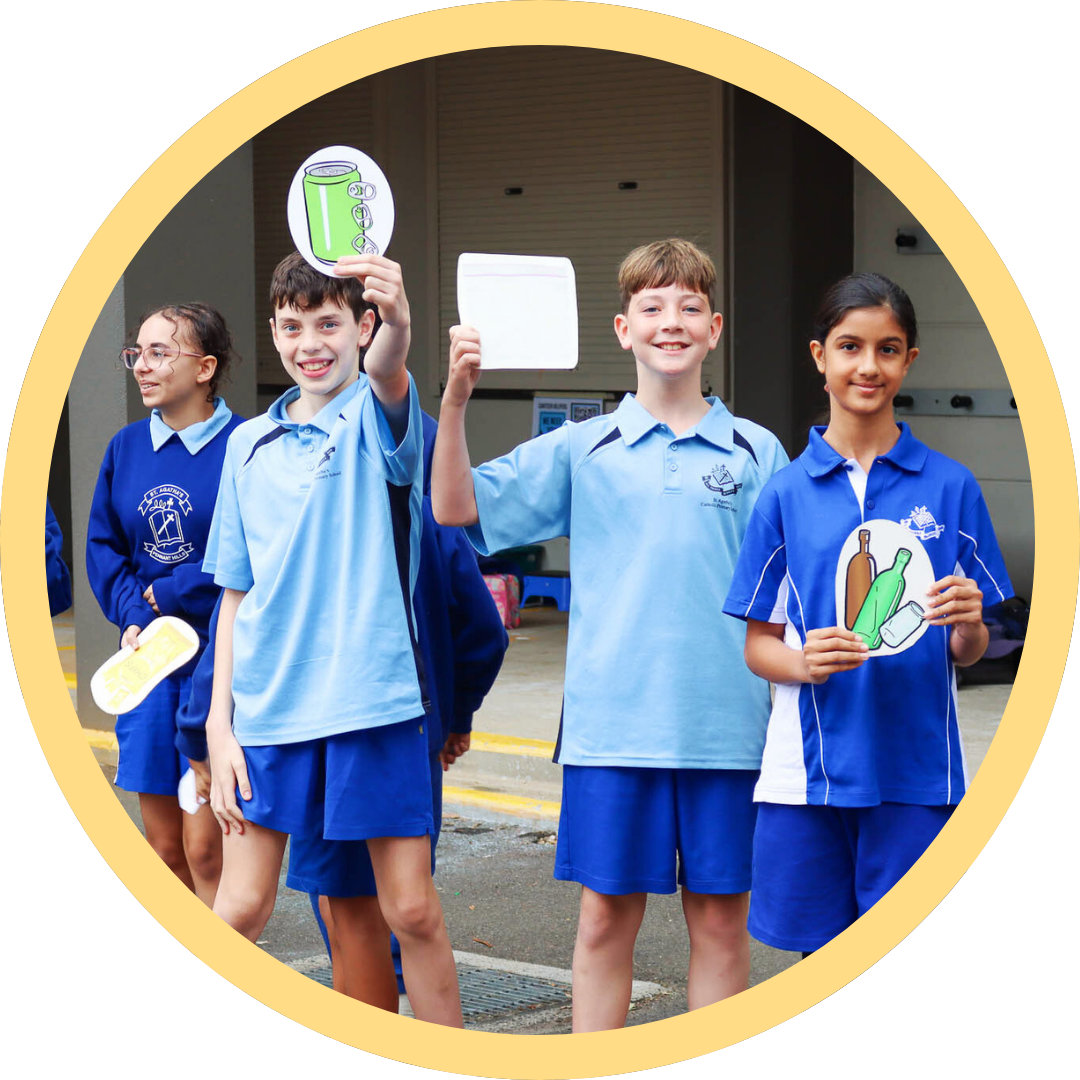
Refusing, reducing, repurposing, reusing and recycling! The transition to a circular economy is broken down and applied to the local scale, including the meaning and benefits of recycling, different recyclable materials, how to recycle correctly, and the creation of recycled products.
Proudly supported by Return and Earn.
Learning Outcomes:
- Define ‘reduce’, ‘re-use’, ‘refuse’, ‘repurpose’ and ‘recycle’, and identify examples of each.
- Identify the positive environmental outcomes of recycling, including the diversion of waste from landfill, and minimising natural resource extraction.
- Identify examples of materials and rubbish which can be recycled via local waste services at home and school.
- Accurately sort recyclable rubbish into categories.
- Identify each step which occurs at a Materials Recovery Facility, and discuss the impact of contamination on the recycling process.
Lunches Unwrapped
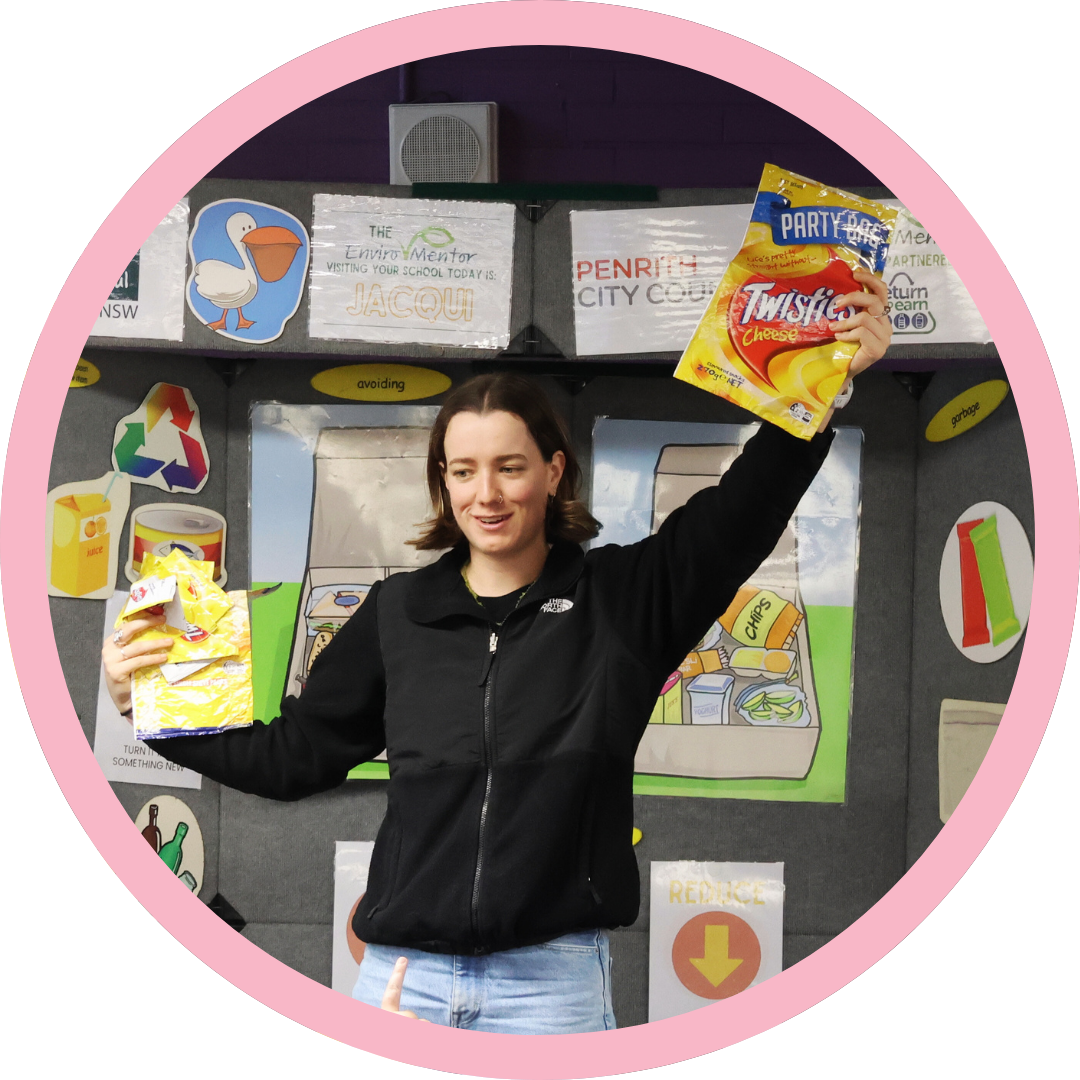
Students localise the importance of diverting waste from landfill to their school grounds through the concept of low-waste “Nude Food” lunches, exploring ways to reduce food and single-use plastic waste in their everyday lives.
Learning Outcomes:
- Identify the environmental issues that waste causes when sent to landfill via the General Waste bin, including land clearing and pollution.
- Define ‘reduce’, ‘reuse’ and ‘recycle’, and identify examples related to lunchbox waste generated at school.
- Identify examples of materials and rubbish which can be recycled via local waste services at home and school.
- Accurately sort lunchbox waste into categories.
- Discuss the benefits of low-waste lunches (‘Nude Food’) on the environment and health.
School Waste Audit
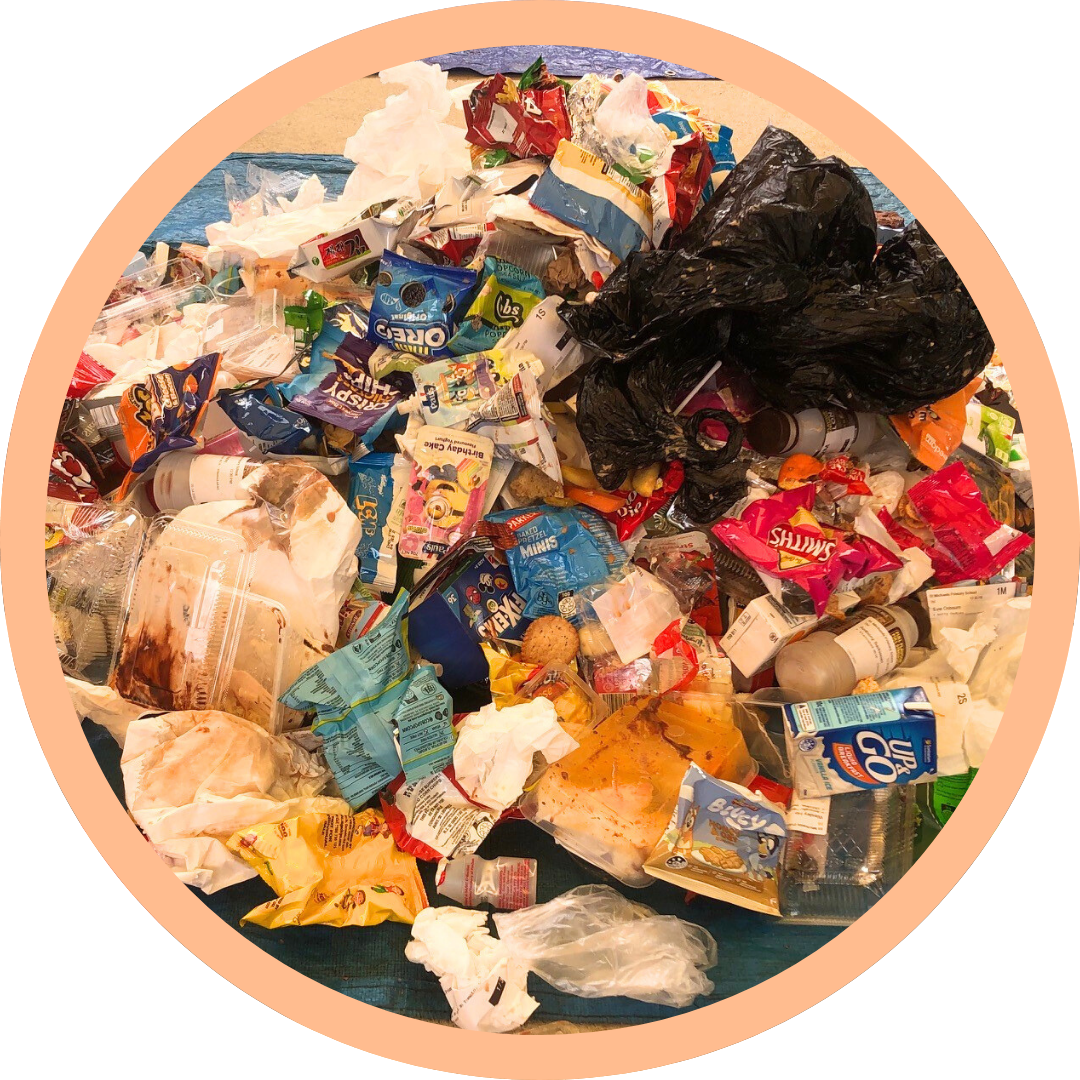
1-2 In The Bin, Recycling, or Lunches Unwrapped workshops explore what happens to waste depending on where it goes. At the end of the day, a selected class or student committee will complete a Waste Audit of school bins to assess what is being sent to landfill from your school, and guide students to address the issue.
Learning Outcomes:
- Investigate and make predictions about the volume of waste being sent to landfill from school.
- Collect quantitative data and make qualitative observations about the types and volumes of waste from General Waste (and Recycling, if available) bins.
- Propose and evaluate solutions to divert waste from landfill at home and school.
| ORGANIC WASTE RECYCLING |
|---|
Composting + Worm Farming
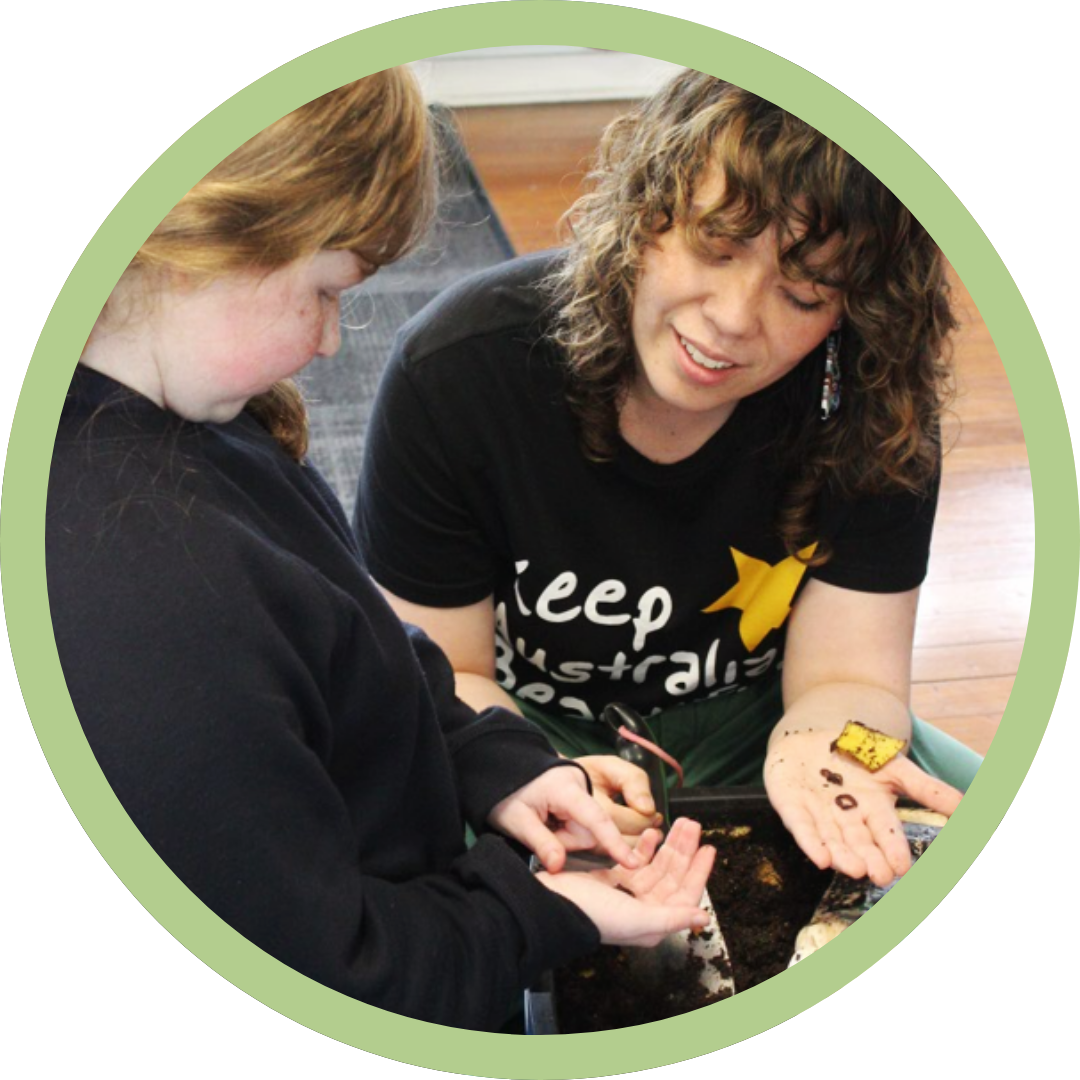
Exploring how to maintain an organic waste recycling system to divert food scraps and waste from landfill. Students enjoy discovering how a real worm farm looks and get close and personal with live worms!
Learning Outcomes:
- Define ‘food scraps’ and ‘food waste’, and identify the environmental issues these cause when sent to landfill via the General Waste bin, including climate change.
- Identify how food scraps break down in compost bins and worm farms, producing fertiliser which can be used on gardens.
- Identify how worm anatomy links to correctly care for a compost bin or worm farm at home or school.
- Identify and accurately sort foods that can and cannot be put in a worm farm.
- Observe the structure of a worm farm, and safely hold a live worm.
Garbage to Garden

Students explore the benefits of gardening, discuss plant growth and photosynthesis, and how to use recycled organic waste on the garden to reduce food waste and promote healthy plant growth.
Learning Outcomes:
- Identify the benefits of gardens, including food growth, native biodiversity, healthy environments, and mental health.
- Identify where various foods come from, and how it travels from farm to plate.
- Identify the parts of a plant, and observe how plant growth occurs via photosynthesis.
- Identify and accurately sort foods that can be broken down in a compost bin, to produce fertiliser.
- Work collaboratively to plant a seed, and facilitate it’s growth using sunlight, water and fertiliser.
Food Waste & FOGO
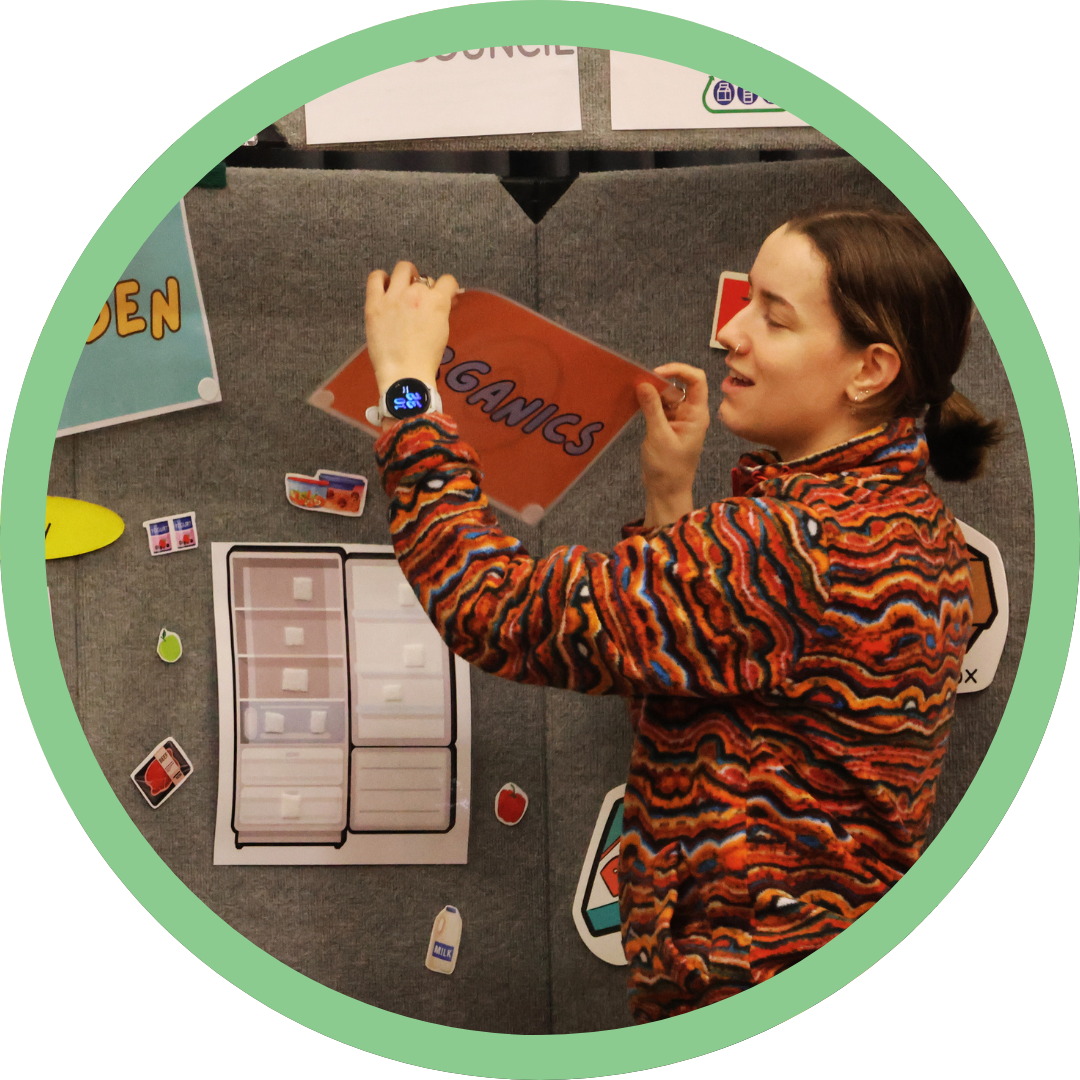
The issues associated with food waste and organic matter in landfill, how to prevent food waste at different stages of the food preparation process, and FOGO systems as a new solution.
Learning Outcomes:
- Define ‘food scraps’ and ‘food waste’, and identify the environmental issues these cause when sent to landfill via the General Waste bin, including climate change.
- Identify common sources of food waste, and discuss solutions to reduce its production at home and school.
- Discuss what happens to Food Organics and Garden Organics (FOGO) waste after it is collected.
- Discuss the impact of contamination on FOGO processing, and accurately sort waste that can and cannot be put in the FOGO bin.
- Identify factors that deter correct FOGO disposal, and propose solutions at the household level.
| POLLUTION AND CATCHMENT HEALTH |
|---|
Litter
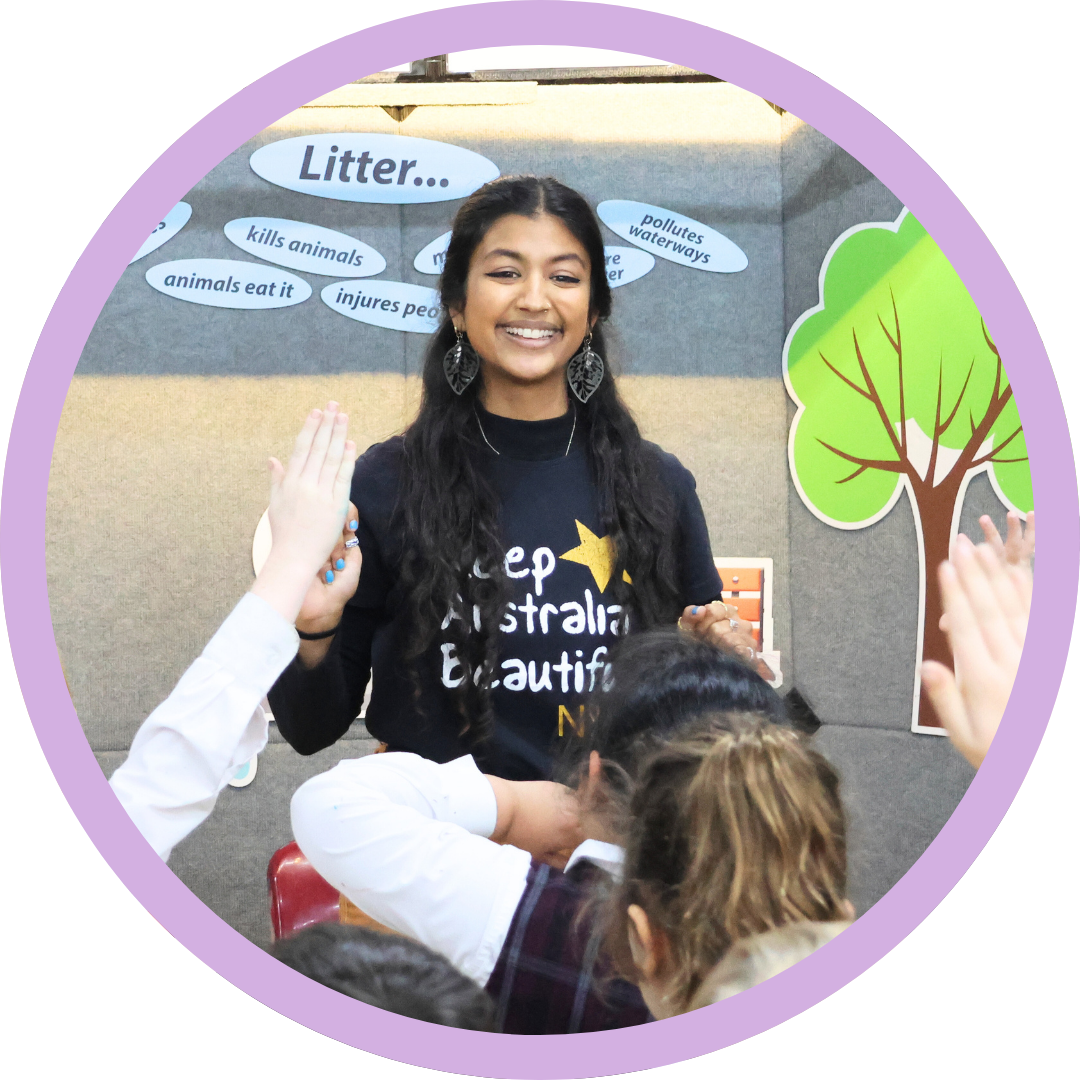
Common types of littered materials in NSW, and the impact that these have on wildlife, people, and the environment. Students explore solutions to litter, including the mentality behind littering behaviour, appropriate rubbish disposal, and how to safely clean natural spaces.
Learning Outcomes:
- Define ‘litter’ (and ‘pollution’), and understand how rubbish becomes litter.
- Evaluate the mentality linked to common littering behaviours.
- Identify common types of litter in NSW, including food packaging, cigarette butts, dog poo, food scraps, and bulky waste.
- Discuss the negative impacts of litter on wildlife, the environment, community, and respect for Country.
- Discuss the importance of cleaning litter up, and propose how to do so safely, with the assistance of trusted adults.
Keeping Waterways Clean
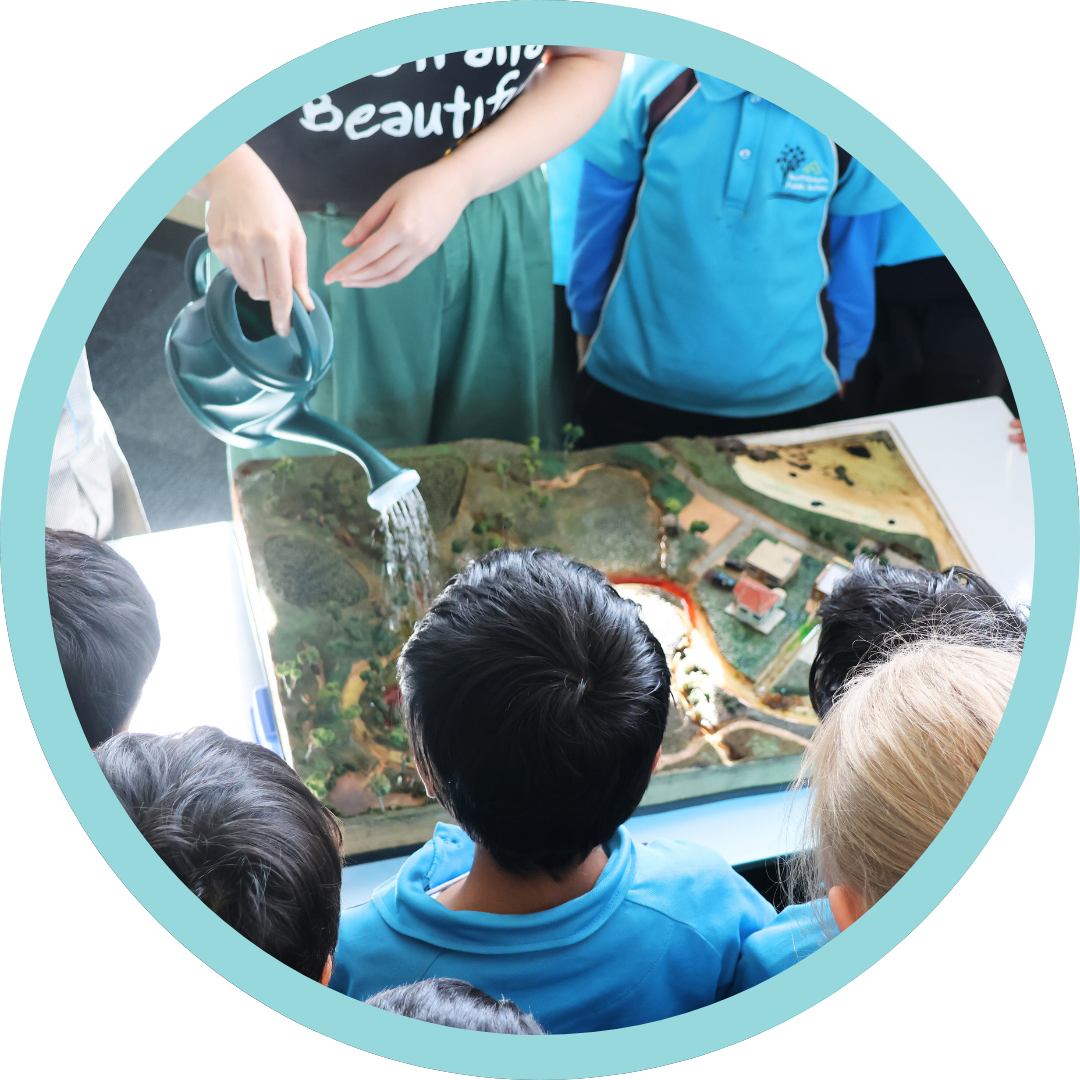
Students consider the paths that water takes to end up in their local waterways, and localise issues of personal and industrial pollution to their local catchment, considering their environmental impacts.
Learning Outcomes:
- Identify everyday uses for water, including survival, hygiene, leisure and wellbeing.
- Compare how water travels from indoor drains to a Sewerage Treatment Plant, or straight to waterways from outdoor Stormwater Drains.
- Predict and observe the impact and movement of pollution through the environment using a scientific model.
- Investigate and discuss how various pollutants impact waterways, wildlife, and communities.
- Propose and evaluate solutions to keep waterways clean.
School Litter Audit
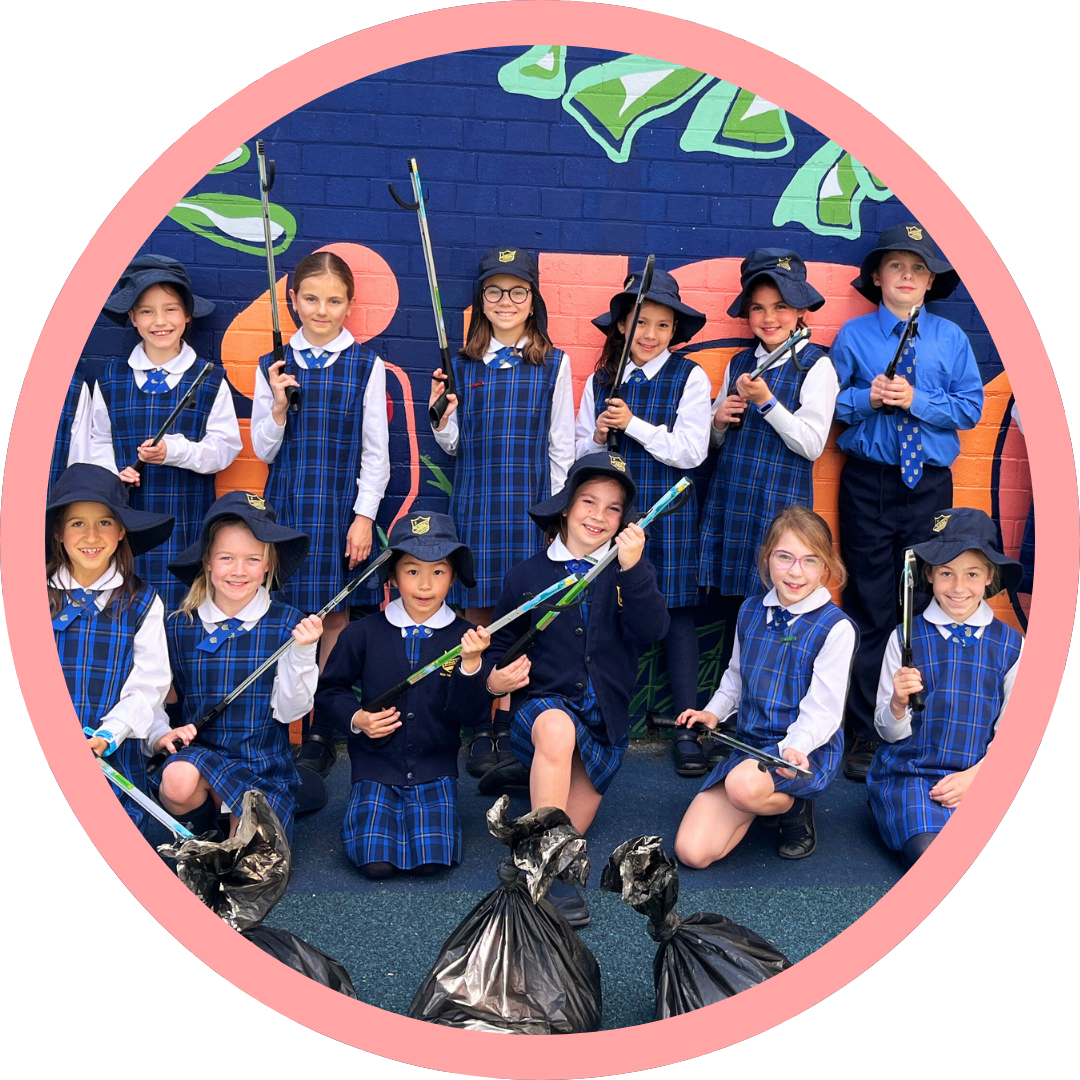
1-2 Litter or Keeping Waterways Clean workshops to discuss the issue of litter and pollution. At the end of the day, one selected class or student committee will complete a Litter Audit of school grounds to determine whether there is a litter problem at your school, and guide students to address the issue.
Learning Outcomes:
- Investigate and make predictions about litter on school grounds.
- Collect quantitative data and make qualitative observations about the types and volume of litter found.
- Propose and evaluate solutions to prevent litter from entering the environment from school and the local community.
| RESOURCE CONSERVATION |
|---|
Saving Water
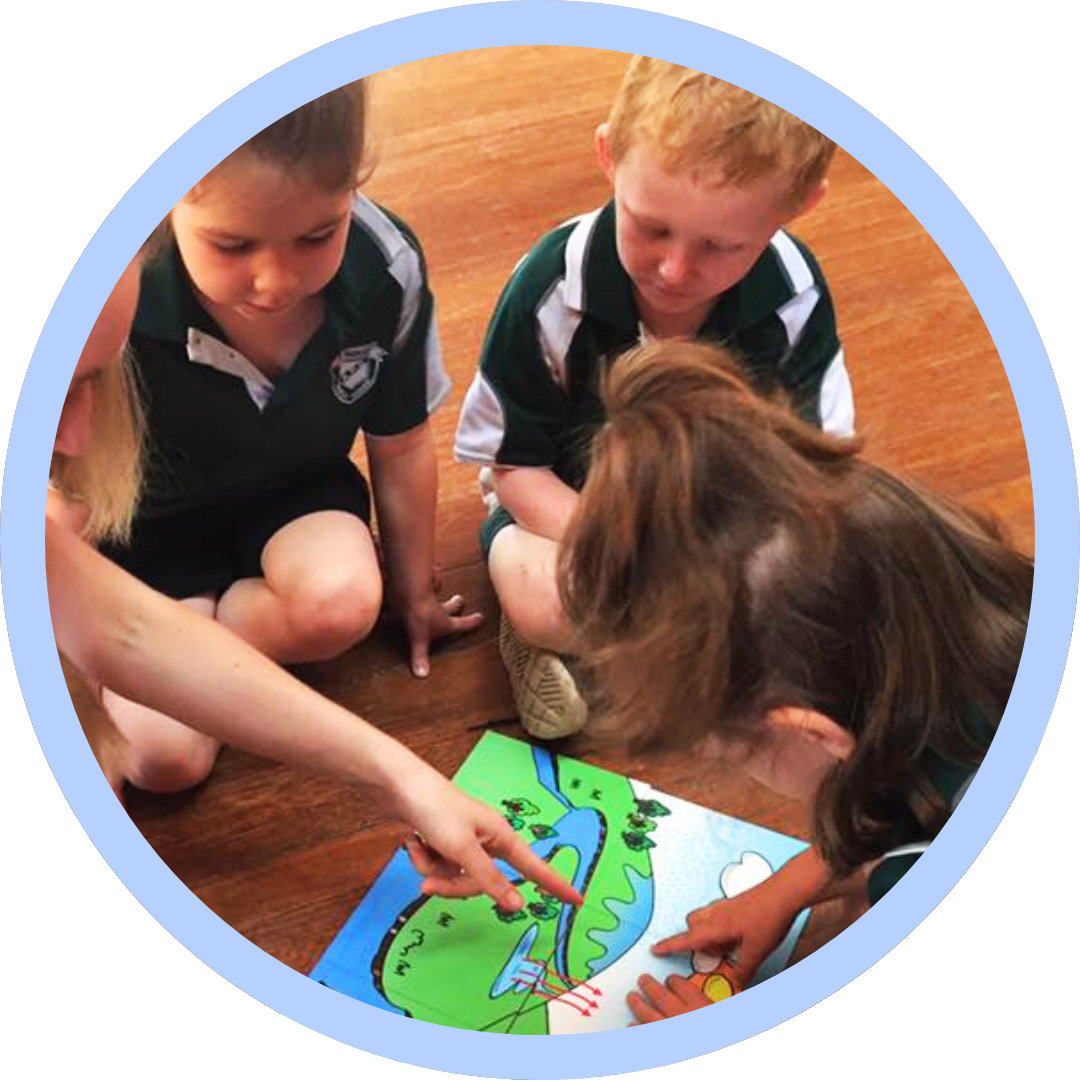
Students examine the water cycle, how much potable water we have on earth, and the importance of this life-giving resource. The need to conserve, share and reuse our limited supplies of water at different scales are explored, including at home and school.
Learning Outcomes:
- Identify everyday uses for water, including survival, hygiene, leisure and wellbeing.
- Define each step in The Water Cycle, and identify how water moves through the Earth’s spheres.
- Identify the amount of water on Earth available for human consumption, and where drinking water in NSW is sourced.
- Propose and evaluate common methods to save water at home and school.
- Discuss industries with high water consumption, including agriculture and fashion.
Energy & Climate
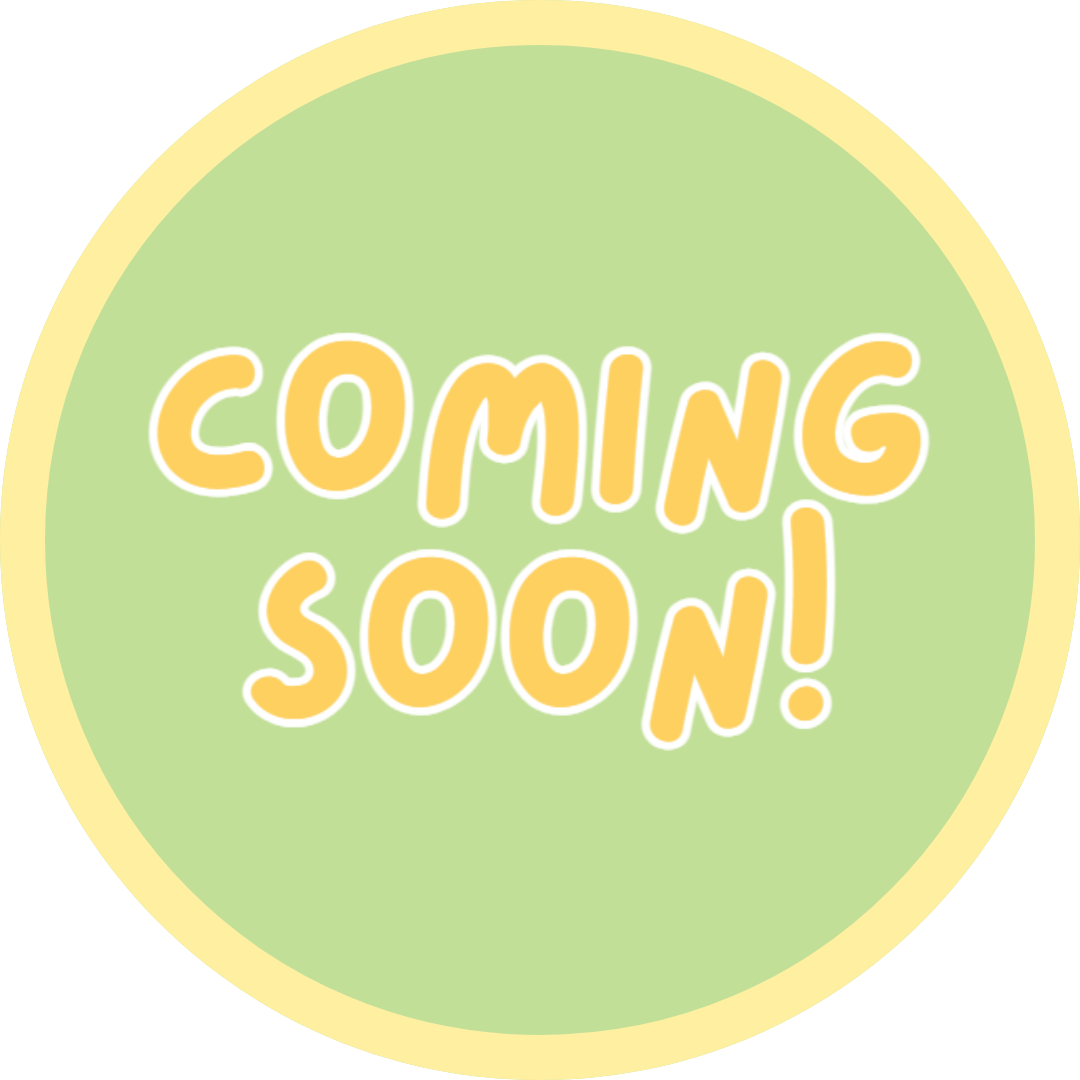
Coming soon!
| EARLY LEARNING CENTRE MODULES |
|---|
In The Bin (Preschool Edition)
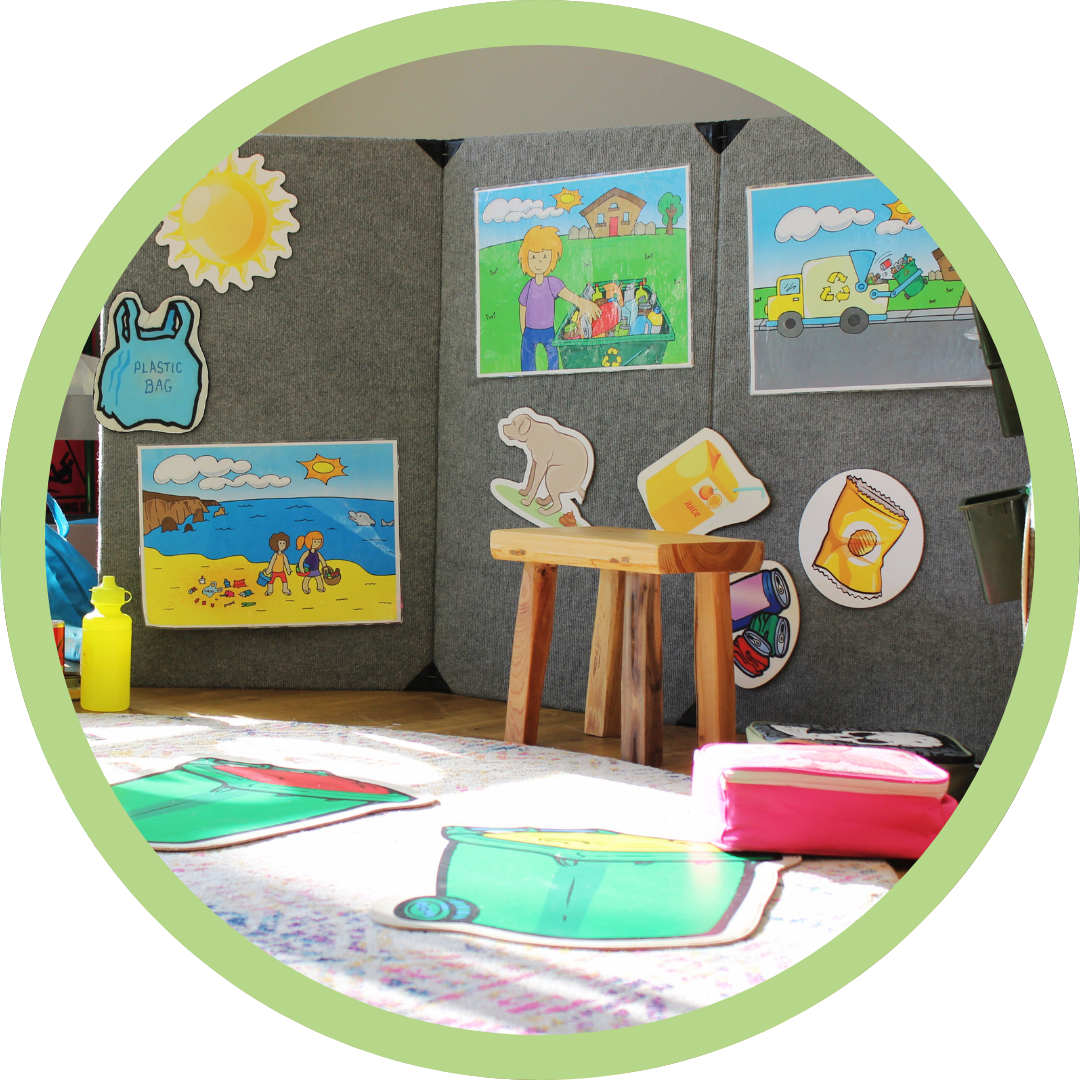
Introduces children to the concept of waste, including its impact on wildlife when it is littered, and where it goes when it is picked up from our houses (depending on which bin we put it in).
Learning Outcomes:
- Identify whether an object is rubbish or not.
- Identify the negative impact of litter on natural environments, people and wildlife.
- Discuss how to clean up litter safely, with the assistance of trusted adults.
- Understand what rubbish goes in each bin, with reference to its lid colour (red, yellow, and green).
- Accurately sort waste into the correct bin.
Garbage to Garden (Preschool Edition)
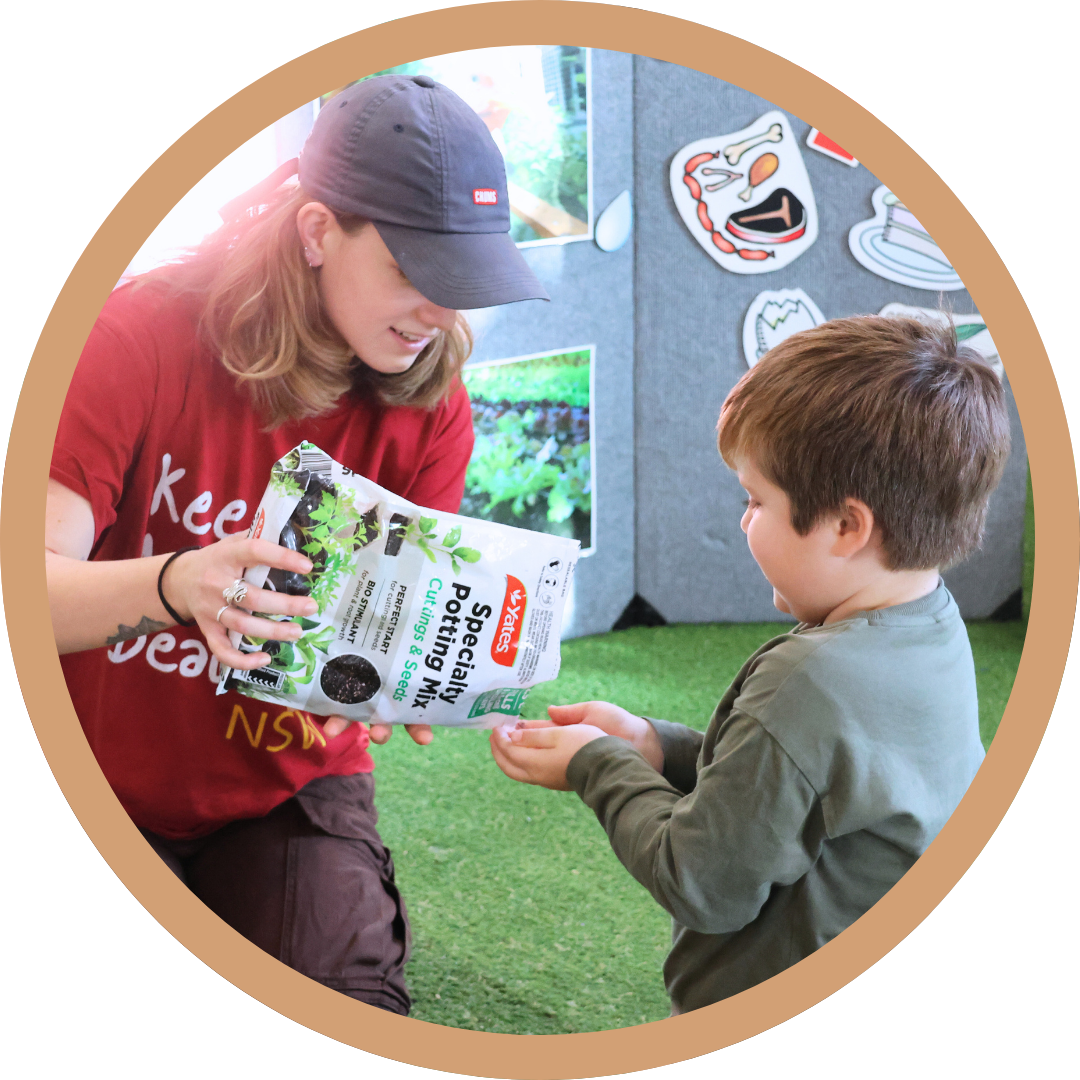
Children are introduced where our food comes from, how we can grow useful plants, and ways to recycle our food scraps with the help of worms and chickens.
Learning Outcomes:
- Identify where food comes from.
- Understand that plants need water and sunlight to grow, and work collaboratively to plant a seed.
- Identify examples of food scraps, and understand that these can be fed to worms to create compost.
- Accurately sort foods that can and cannot put in a worm farm.
- Look at an active worm farm and safely hold a live worm.
Keeping Waterways Clean (Preschool Edition)
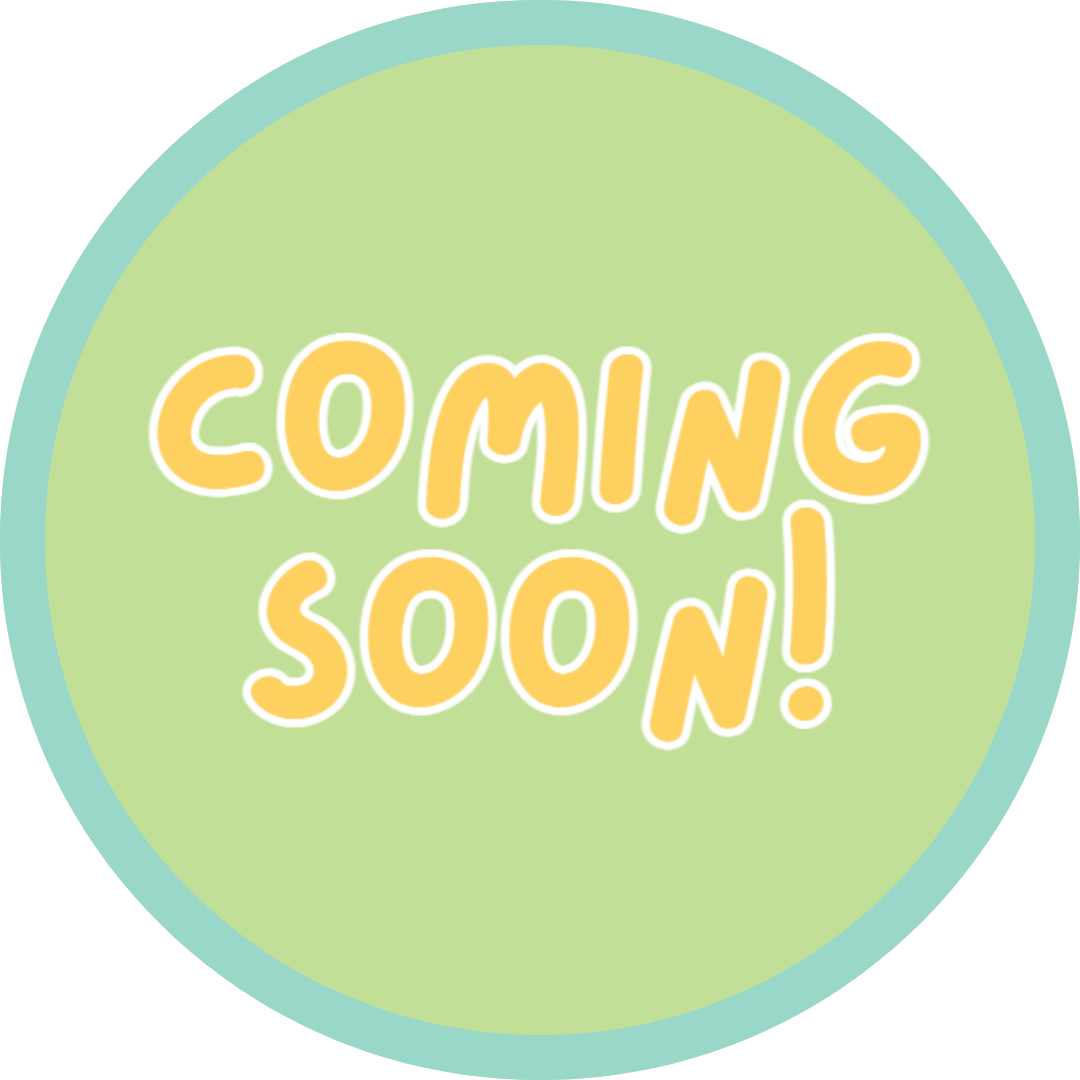
Coming soon!
| HIGH SCHOOL MODULES |
|---|
School Waste Audit (High School Edition)
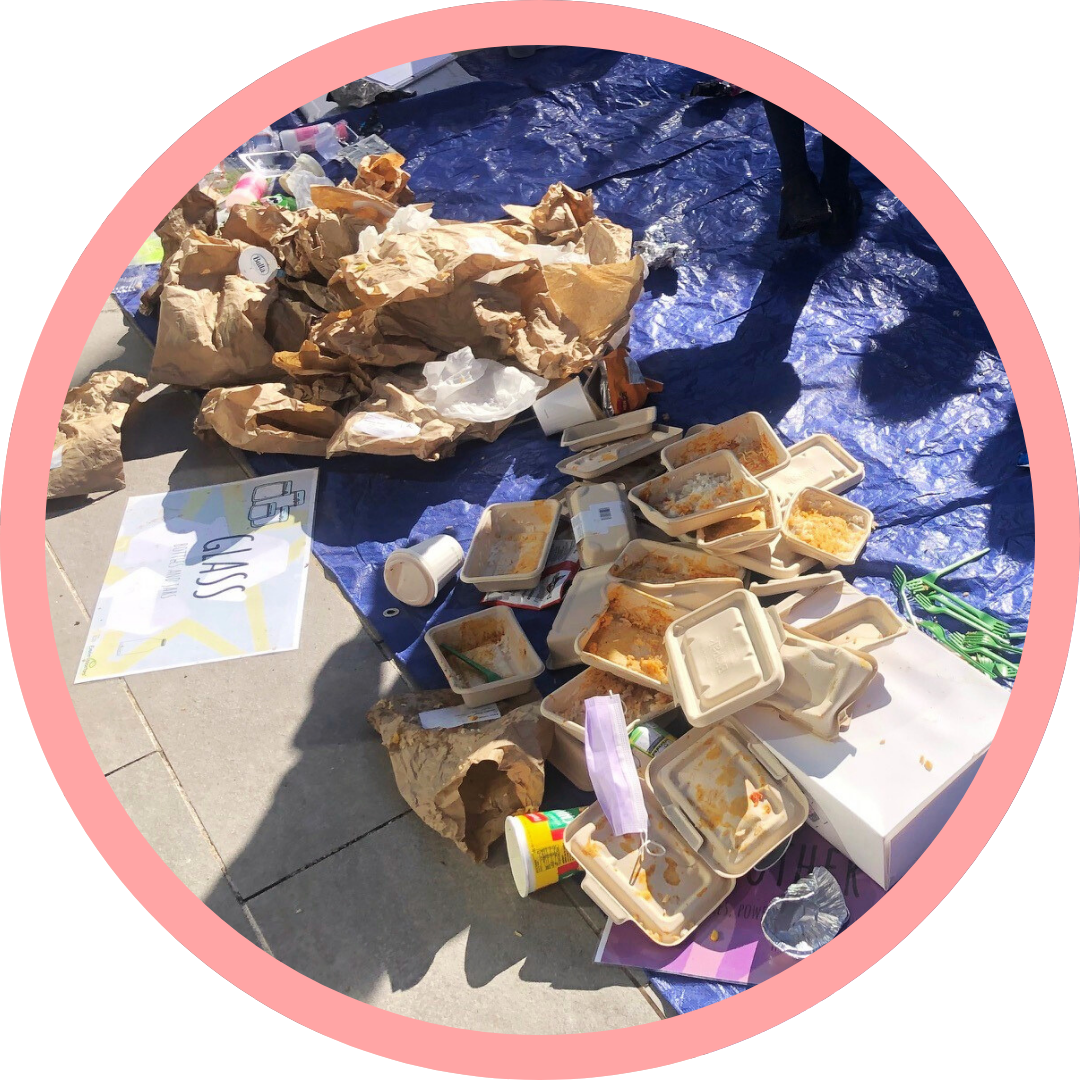
Students will assess their schools waste production by identifying major sources, types of waste being produced and evaluating the schools current recycling and composting programs. Teachers are provided with the collected data and follow up resources to assist them on their way to a more sustainable school. Option to add customisable discussion sessions for 1-3 classes.
School Litter Audit (High School Edition)
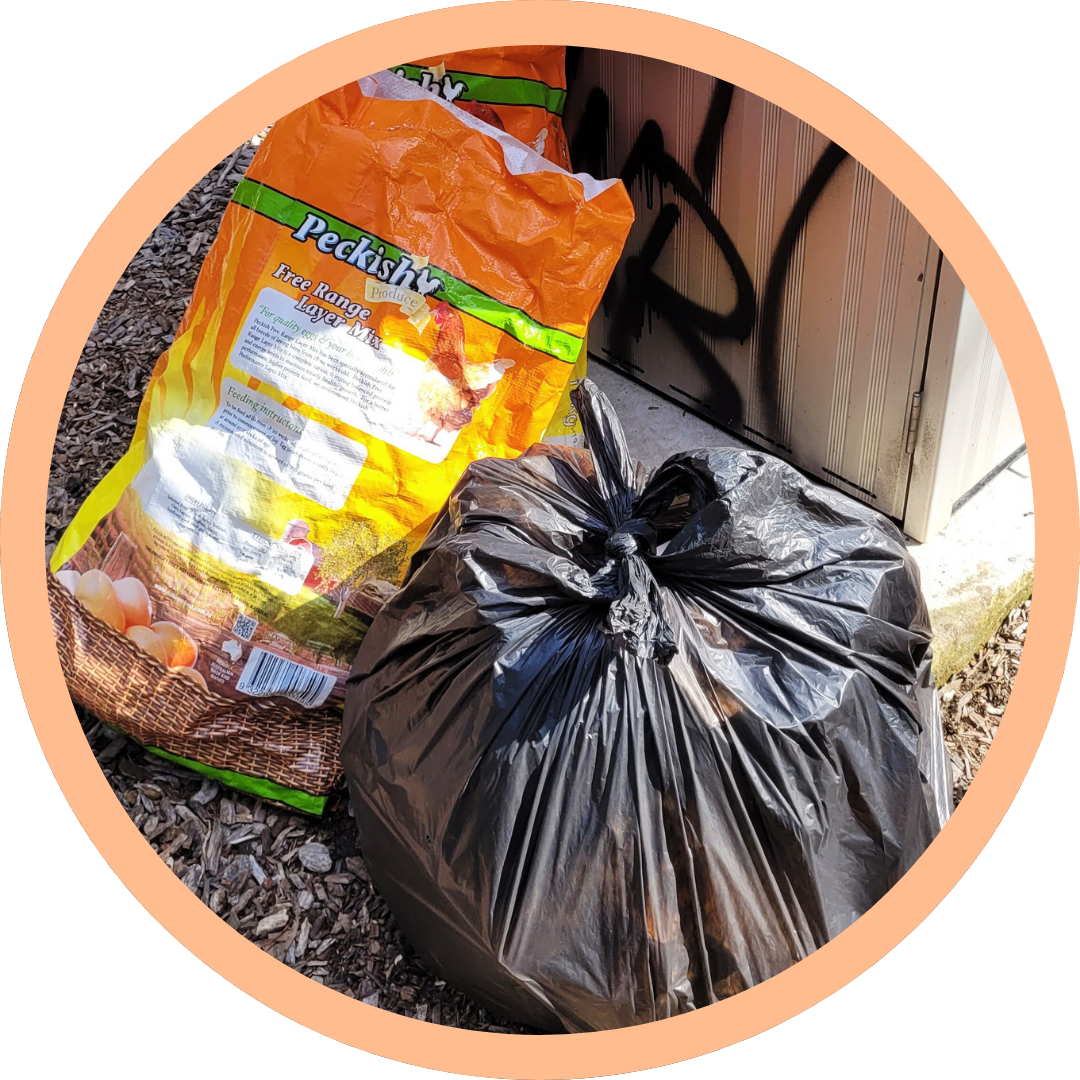
Students gather information about litter problems at their school. Students share their findings and use data to draw conclusions about the types of litter, where it comes from and what actions can be taken to prevent litter. Littering hotspots are identified, stormwater systems and management of litter are discussed. Option to add customisable discussion sessions for 1-3 classes.
| OOSH AND SCHOOL HOLIDAY MODULES |
|---|
OOSH and School Holidays
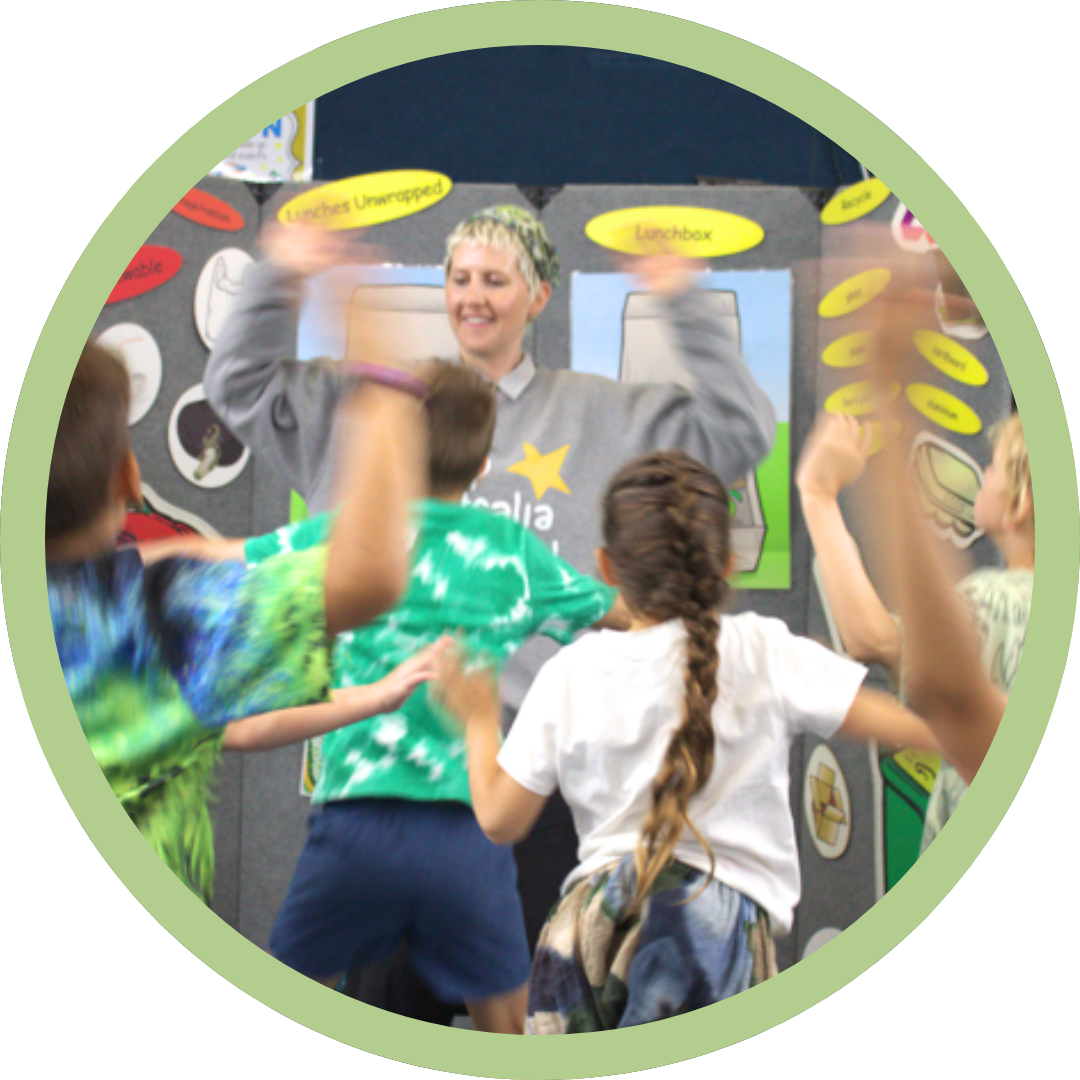
Our school holiday modules are day-long programs for groups of up to 30 students, including some learning, and plenty of games, activities, and crafts: In The Bin (Extended OOSH Edition) / Garbage to Garden (Extended OOSH Edition) / Keeping Waterways Clean (Extended OOSH Edition).
Library and Events

Any topic from our Primary School or Early Learning Centre modules can be delivered at your local library, or event! These sessions typically run on the weekend, or during the school holidays, and come with a printed workbook for all participants to take home.
| ENQUIRIES |
|---|
For all education enquiries and information about EnviroMentors, please get in touch!
SHANI PATEL | Education Programs Manager
spatel@kabnsw.org.au
education@kabnsw.org.au
Program Partners
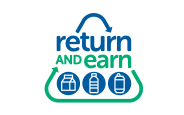
Want to sponsor EnviroMentors? We’d love to have you – a range of partnership packages are available. Get in touch today!
